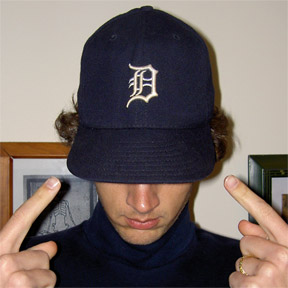When Theory Met RE
A most unusual paper on videogames is making the rounds, starting on Game Career Guide and eventually being broadcast to the masses at Kotaku. The content is not particularly remarkable game-wise: it is a look at horror franchise heavyweights Resident Evil and Silent Hill. No, the paper is unusual because it brings some dense, psychoanalytically-informed critical theory to bear on a medium which, as far as I know, has remained outside of a lot of such academic mincing.
The paper, Saving Ourselves: Psychoanalytic Investigation of Resident Evil and Silent Hill, by Marc Santos and Sarah White, analyzes the way that the Silent Hill games play on conventions established by the Resident Evil games. Unless you have Four Fundamental Concepts of Psychoanalysis on your beside table, you might have trouble gleaning much more than that from the article. Try this on for size:
In Resident Evil, we defend symbolic order by killing monstrous zombies. Part of these games' terror stems from approaching that which challenges our own symbolic economies-the Real, the abject vilified maternal that threatens the paternal psychological structures upon which subjectivity is founded.Does this mean the games are scary because shit jumps out at you? Because that’s where most of the terror comes from, honestly.
Okay, I joke. I don’t want to knock this paper too much because I love academic study of games. That, and I don’t really understand a lot of the content. Plus, I don’t think this paper is meant to inform gamers, seeing as how very few people have spent a lot of time with both Silent Hill and Freud’s Beyond the Pleasure Principle. More likely, the paper is intended for the critical theory circles in which sentences like the above can be read with interest (and comprehension). From my (limited) vantage point, I can say that it is written with humor and affection, so I say more power to ‘em.


No comments:
Post a Comment